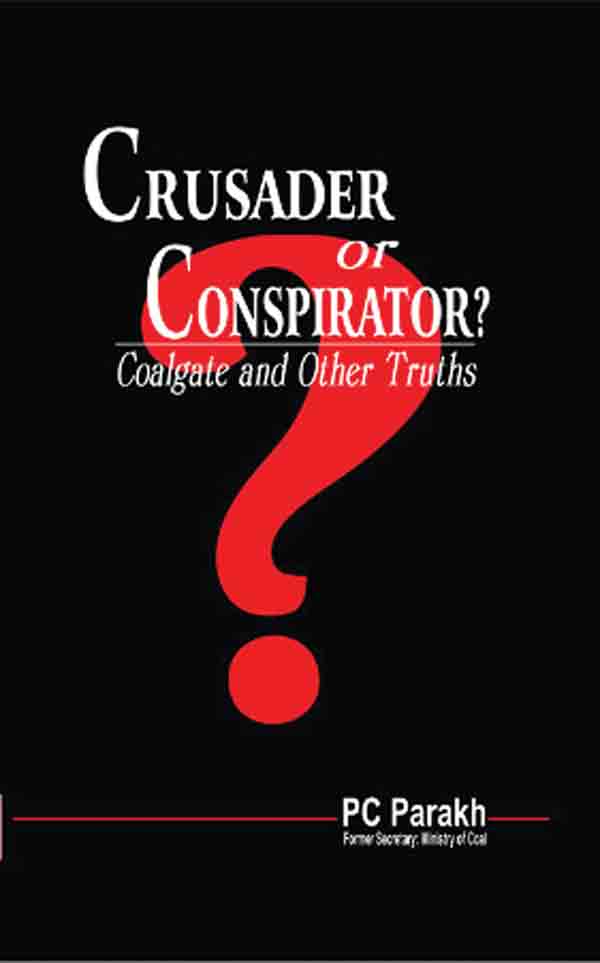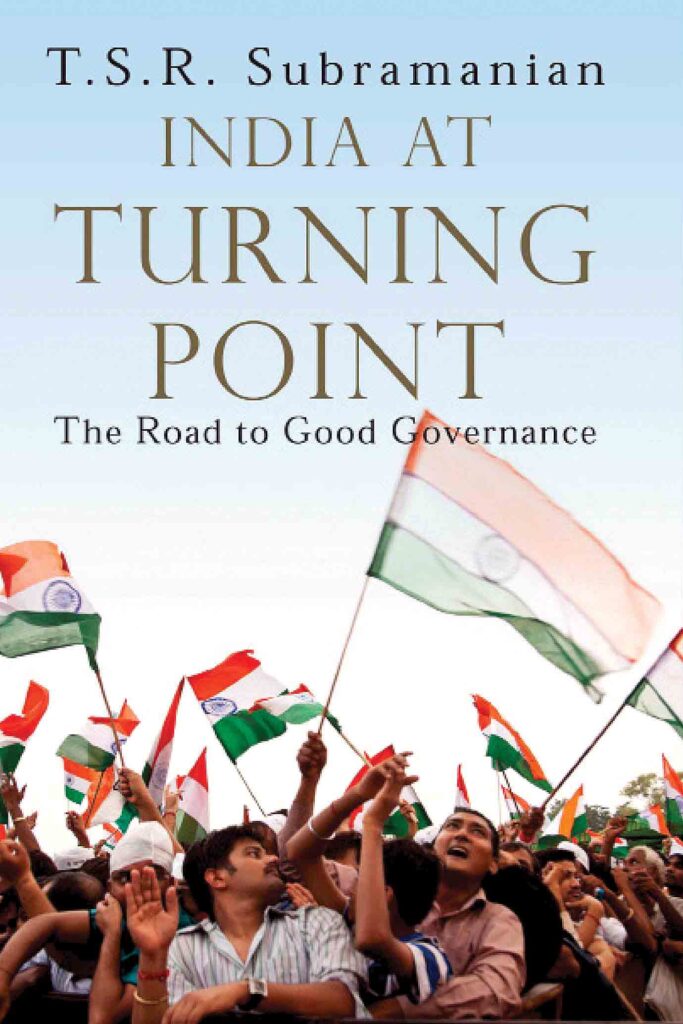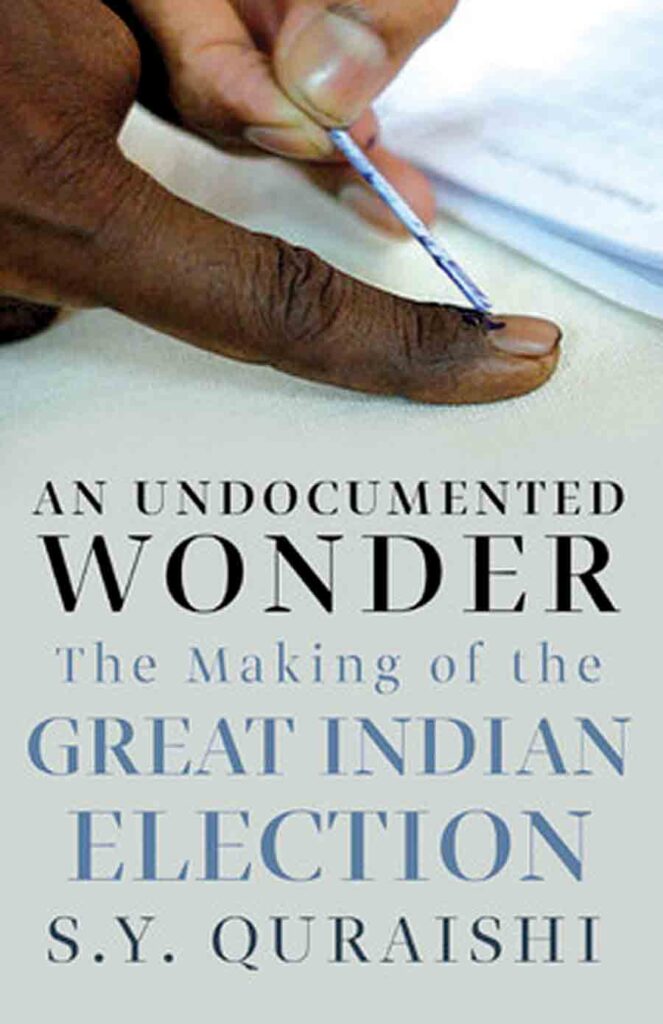Afew years back Vajai Vardhan, Principal Secretary and Financial Commissioner of Haryana, released Ibadat—the breath of my soul, a collection of 120 haikus, or short poems. His earlier book, Beyond the Great Beyond was based on research on Sufi poets in Lucknow. Close on his heels, Haryana’s chief electoral officer, Sumita Misra, came up with A Light of Life, a compilation of poems. Within a few months, another bureaucrat, Vivek Atray, released Move on Bunny, a comic fiction on the life of a Punjabi boy.
In other words, it is fairly common for bureaucrats to write books. The system permits them to express themselves creatively, but within limits, as long as they write pleasant things in the fictional domain. But the moment they try to transcend from fiction to reality, all hell breaks loose and motives are cast about on why they are saying things they should not be.
These issues are again in focus with the recent release of a spate of books by former Cabinet Secretary TSR Subramanian, the PM’s Media Adviser, Sanjaya Baru, Chief Election Commissioner SY Quraishi, former Coal Secretary PC Parakh and RAW officer RK Yadav. Three things need to be considered concerning these books—the timing of the book release, information revealed and the impact.

The most controversial of the lot, Baru’s The Accidental Prime Minister—The Making and Unmaking of Manmohan Singh, coming at a time when the elections are on, depicts Prime Minister Manmohan Singh as a powerless political puppet in office, but “not in power”. According to Baru, on many occasions, instead of calling the shots as the boss, Singh was forced to toe the party line and nobody in the cabinet felt obliged to him for his position, rank or portfolio.
“He was himself incorruptible, and also ensured that no one in his immediate family ever did anything wrong, but he did not feel answerable for the misdemeanors of his colleagues and subordinates. In this instance, he felt even less because he was not the political authority that had appointed them to these ministerial positions. In practice, this meant that he turned a blind eye to the misdeeds of his ministers. He expected the Congress party leadership to deal with the black sheep in his government, just as he expected the allies to deal with their black sheep. While his conscience was always clear with respect to his own conduct, he believed everyone had to deal with their own conscience,” Baru writes.
Another significant revelation made by Baru is that Singh had virtually no control over his cabinet and senior bureaucrats would seek instructions on the important files directly from Sonia Gandhi instead of the Prime Minister’s Office (PMO).
“Dr Singh was clearly the exception to that rule. He not only resisted the temptation to spy on his colleagues, but gave up even the opportunity to be offered such information by declining to take a daily briefing from the intelligence chiefs. He was the first Prime Minister not to do so. The chiefs of both the IB and the Research and Analysis Wing (R&AW) were told to report to the NSA instead. I didn’t think the intelligence chiefs would deliver their best if they reported to an intermediary instead of the Prime Minister himself, and repeatedly implored him to take a direct daily briefing from them. Every now and then he would, but the NSA became their effective boss in the UPA PMO,” Baru says in the book.
Without taking away any credit from Baru’s book, one could say that most of the things mentioned in it were part of gossip in political circles for long. But this is the first time someone close to the Prime Minister has attested to and corroborated it.
Another revelation that the book makes is that despite corruption scandals and the economic slowdown, Singh was allowed to continue and the UPA-II government never considered retiring him because of repeated failures of party vice-president Rahul Gandhi.
It is fairly common for bureaucrats to write books. But the moment they try to transcend from fiction to reality, all hell breaks loose and motives are cast
According to Baru, Singh’s biggest drawback was that he did not have a political base of his own when he was picked up by PV Narasimha Rao in the 1990s. Even during the 10 years in office as PM, he never built one. His “biggest mistake” was not to fight the Lok Sabha elections in 2009. If he had become a political head, the UPA-II would have been stronger, Baru suggests. “If I were Manmohan Singh, I would tell myself looking into my bathroom mirror that I am 81-years-old. I must own it now,” says Baru.

THE Congress spokesperson dismissed Baru’s book as “cheap fiction” and dubbed him “an out of job, disgruntled turncoat”. Even the PMO issued a strong statement saying, “It is an attempt to misuse a privileged position and access to high office to gain credibility and to apparently exploit it for commercial gain. The commentary smacks of fiction and coloured views of a former adviser.” Baru’s book enraged Singh’s eldest daughter, Upinder Singh, a professor of history, so much that she described it as “nothing but a stab in the back…a huge betrayal of trust” and a “mischievous, unethical” exercise. She alleged that Baru nursed a deep sense of resentment for not being re-inducted into the Prime Minister’s Office in 2009.

Another book, by former coal secretary Parakh, corroborates the fact that Singh had little authority over his government and cabinet. In his book, Crusader or Conspirator— Coalgate and other Truths, Parakh categorically states that the coal scandal could have been avoided if there was an open auction of coal blocks. According to him, the PMO had initially approved his proposal for open bidding of coal blocks in 2004, but reversed it later because of resistance from coal ministers in his cabinet.
“Pressures come in the form of enticements, such as post-retirement assignments, partnership in business, bribery, blackmail or pure intimidation. Pressures also come from friends and relations,” Parakh wrote in the book. The book contains several shocking disclosures about corporate entities and ministers attempting to scuttle open auction of coal blocks. It may be recalled how both the 2G spectrum and coal allocation scams dented Singh’s reputation.
Another revelation Parekh makes is how Mamata Banerjee, the then Coal Minister, forced Coal India Limited Chairman MD Sashikumar to hire 50 of her party workers as trainees. Accordingly, they were clandestinely appointed as security guards in government service and appointed in the North Eastern coalfield without any notification or interview. No wonder their services were terminated within four months once Didi left the ministry. Likewise, Mamata tried to pressure the Coal India Board to lay the foundation of a super-specialty hospital in Kolkata, whereas the board was of the opinion that the hospital should be in Jharkhand where 50 per cent of its workers come from.
Without taking away any credit from Baru’s book, one could say that most of the things mentioned in it were part of gossip in political circles for long. But this is the first time someone close to the Prime Minister has attested and corroborated it
IN an attempt to document the deteriorating relationship between civil servants and the political executive, Parakh details how difficult it has become for bureaucrats to take fair decisions. The main problem, according to him, is that the quality of civil servants as well as the political executive has deteriorated.

Likewise, former Cabinet Secretary Subramanian’s book, India at Turning Point: The Road to Good Governance, dwells on the turf war between the bureaucracy and its political masters on governance issues. In his no-holds-barred narrative style, Subramanian tries to unravel the cobwebs in the polity. Instead of focusing on the bureaucracy or politicians, the book looks at why, 70 years after Independence, we have not been able to reach out and provide education and work to the poorest population. In his book, An Undocumented Wonder: The Making of the Great Indian Election, the 17th Chief Election Commissioner of India, Dr SY Quraishi, tries to satisfy readers’ curiosity through a first-person account of recent electoral history and the challenges encountered.
Similarly, Mission RAW, by RK Yadav, who left the Research & Analysis Wing (R&AW) after 16 years of service in 1989, sheds light on the intrigue and deceit behind the veil shrouding India’s external intelligence agency. Yadav, who was close to R&AW founder-director RN Kao, and his successor K Sankaran Nair, highlights little-known facts about the functioning of R&AW.
The books have provided ammunition to the BJP which is trying to make political capital of the situation. The party has raised the issue not only in rallies but also attacked Sonia for belittling the constitutional office of the Prime Minister.
“These books have raised serious questions about the way this government functioned and set its priorities. It clearly shows the Prime Minister was not in control and this leads us to ask questions from Sonia Gandhi. The first family cannot run away from giving the answers,” said BJP spokesperson Nirmala Sitharaman.
Clearly, it’s time to ask whether breach of trust, faith, confidence, ethics and morality have a role to play in the matrix of power. Also, does it mean that till the point a person is keeping quiet despite knowing various things, it is okay but the moment he writes a tell-all book people have the right to paint him as a dubious character or an agent sponsored by political enemies


























































